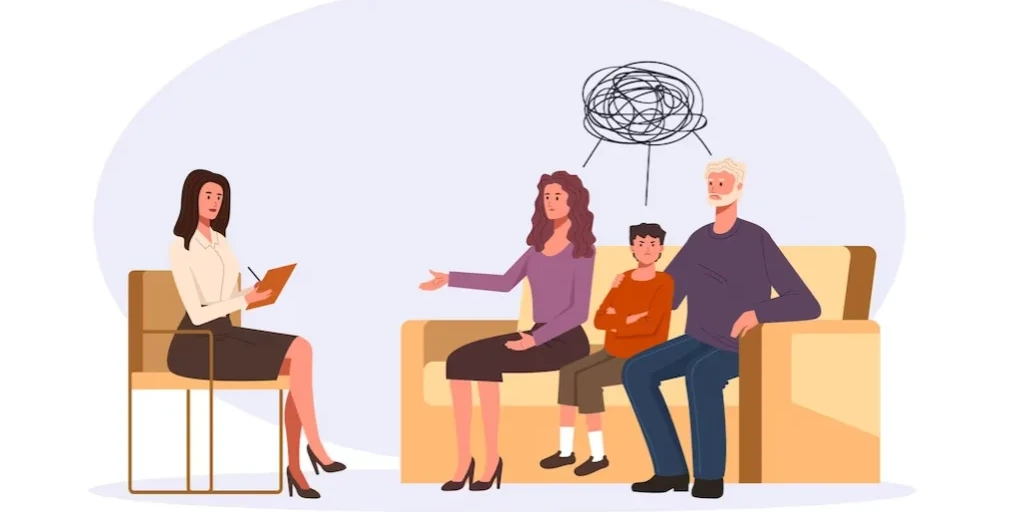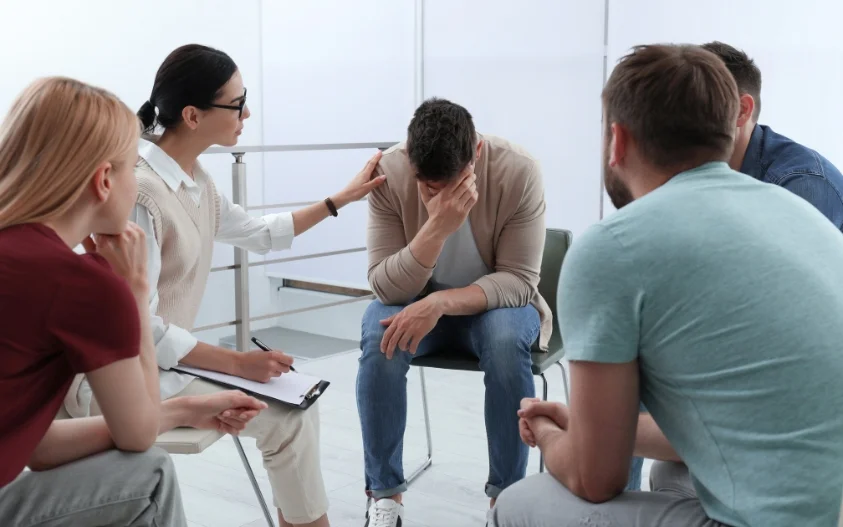24/7 Helpline:
(866) 899-221924/7 Helpline:
(866) 899-2219
Learn more about Opioid Rehab centers in Choctaw County

Other Insurance Options

Private insurance

Optima

Aetna

Sutter

Ceridian

Multiplan

UnitedHealth Group

Sliding scale payment assistance

Premera

State Farm

Providence

Regence

Carleon

WellPoint

PHCS Network

ComPsych

MVP Healthcare

Highmark

Health Net

United Health Care












Community Counseling Services
Community Counseling Services is a private rehab located in Ackerman, Mississippi. Community Counsel...















